Daesh strikes again in Afghanistan

A new attack on a Shiite mosque in Afghanistan has killed 12 people and left at least 35 injured. This has been confirmed by the director of the Abu Ali Sina regional hospital, Ghousuddin Anwari, who also assured that eight of the wounded are in serious condition.
The attack, perpetrated by ISIS-K (the Daesh affiliate in Afghanistan), takes place in the middle of the celebration of Ramadan, the holy month for Muslims. According to the provincial director of Information and Culture, Molavi Mohammad Norani, the attack reportedly took place during midday prayers at the Shiite mosque in the city of Mazar-e-Sharif, capital of the province of Balkh.
?? Horas después del ataque contra la mezquita se han producido enfrentamientos armados en Mazar-e-Sharif entre los talibán y combatientes del Estado Islámico, aunque algunas fuentes locales informan que eran miembros de la resistencia afgana.pic.twitter.com/1J0b9F6E0s
— Descifrando la Guerra (@descifraguerra) April 21, 2022
According to the local authorities, 'all the victims are Shiite worshippers' at the mosque, making it the second day of attacks in Afghanistan against this religious minority. At present, Shia adherents in Afghanistan represent 9.7% of the local population, compared to a large Sunni majority. Along these lines, Afghanistan is home to a majority Muslim population, approximately 97%. The remaining 3% is made up of a conglomerate of small minorities of Sikhs and Hindus.
This succession of attacks has had a particularly religious character as the main sites targeted have been areas with a Shia population. The first attack this week took place in two schools, reportedly killing at least six people and injuring 25 in the Islamic minority Dashte Barchi neighbourhood, most of them ethnic Hazaras who are followers of the Shiite branch.
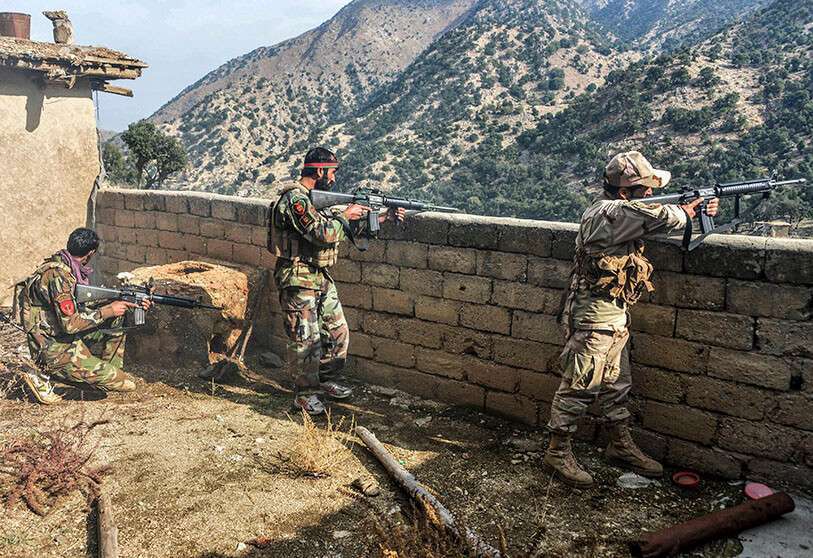
However, activists from humanitarian organisations claim that the death toll is higher, although they have not yet provided a detailed account of the actual numbers.
In view of this situation, the UN special rapporteur on the human rights situation in Afghanistan, Richard Bennet, has denounced on Twitter that "the Hazara community was a victim" of terrorist violence.
Bennet's condemnation has been joined by organisations such as Amnesty International, which has denounced that the attack against the civilian population "highlights the violence that the Afghan people continue to suffer in their daily lives".
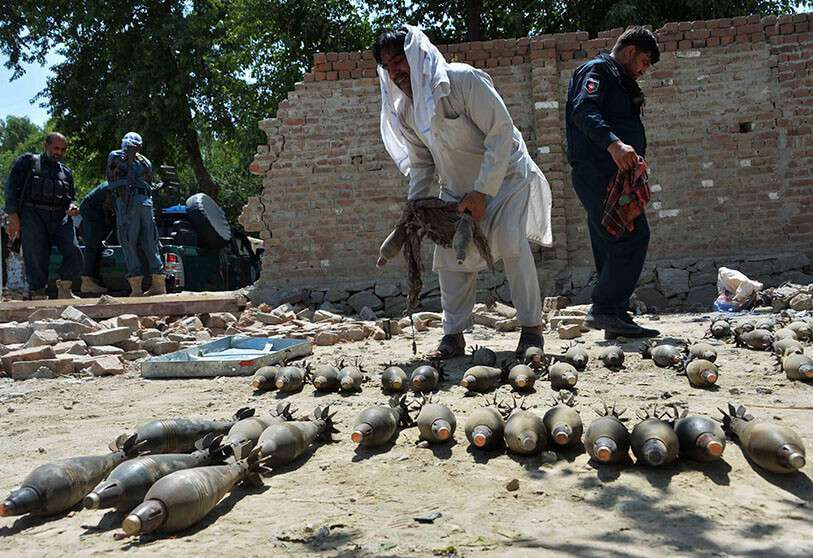
This is not the first time that ISIS-K has attacked the Shia population in Afghanistan. Last October, they were attacked in Kunduz province in southern Kandahar, killing between 60 and 80 people and injuring more than a hundred others.
However, the worst attack on the Shia community occurred last May when an attack on a girls' school left at least 110 people dead, most of them girls and teenagers. This figure was followed by 290 injured as a result of the explosions.
This situation is compounded by the prohibitions the Taliban have imposed on girls after closing girls' high schools. Today marks 216 days since the closure of educational centres for girls in Afghanistan, a situation which has been denounced by the UN and many humanitarian organisations, but which has not succeeded in giving girls back their right to study and receive training.
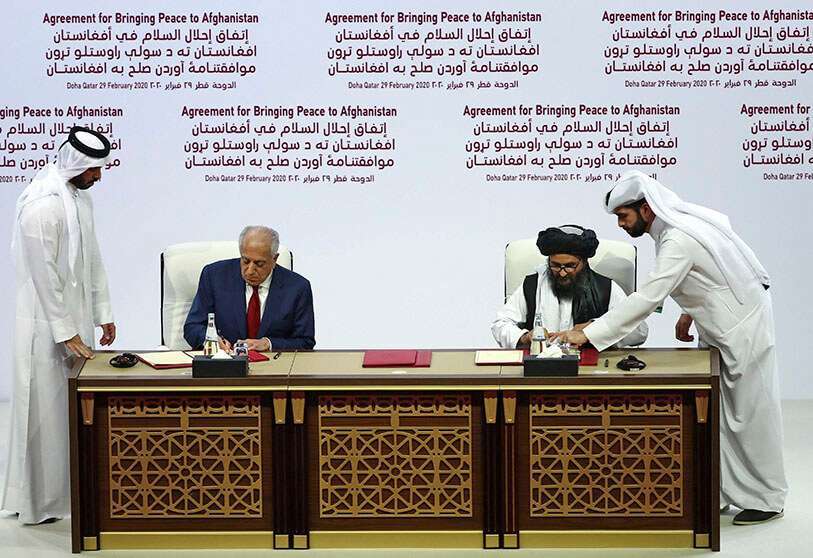
Afghanistan is in a turbulent and volatile situation. The Taliban government's restrictive policies are compounded by ISIS-K attacks on civilians. Since the Taliban came to power following the withdrawal of Western troops as a result of the Doha agreements, Afghanistan has been plunged into a cycle of insecurity and repression that has continued unabated.
Days before the full withdrawal of troops, ISIS-K carried out an attack on Kabul airport, leaving hundreds of people dead. Since then, the Daesh affiliate has been engaged in a series of clashes against the Taliban, the terrorists' enemies, and against the civilian population itself in an attempt to spread its terror through the cruelest violence.
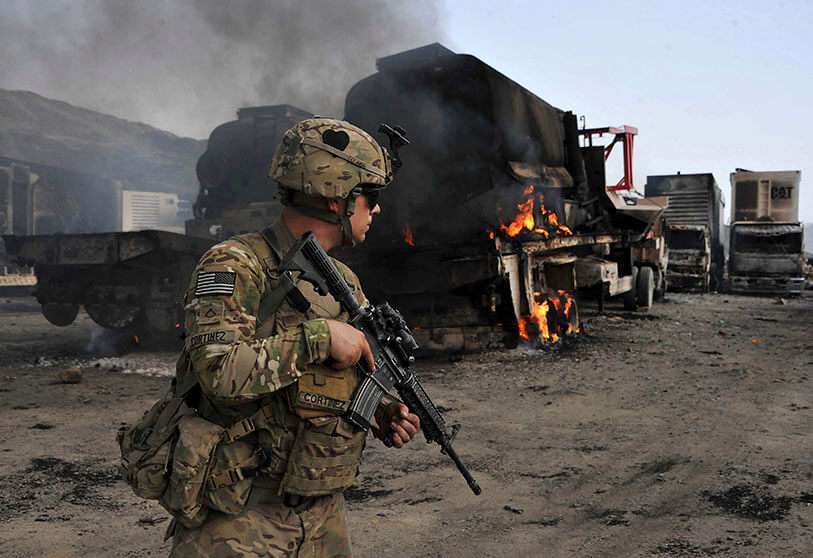
The scenario is not encouraging. Insecurity has grown in the country, taking advantage of the vacuum left by the West. The Taliban are not proving effective in the fight against terrorism to which they promised to contribute. Despite the fact that both the Taliban and members of the terrorist affiliate are bitter enemies, the insurgents are reportedly not taking steps to address this problem, which contributes to insecurity and chaos.
The main victims of this situation are civilians. In addition to this insecurity and the food crisis, the Afghan population is trying to resist and make itself heard in a geopolitical landscape that currently has several threats that are destabilising the world order as we know it, such as the recent Russian invasion of Ukraine.
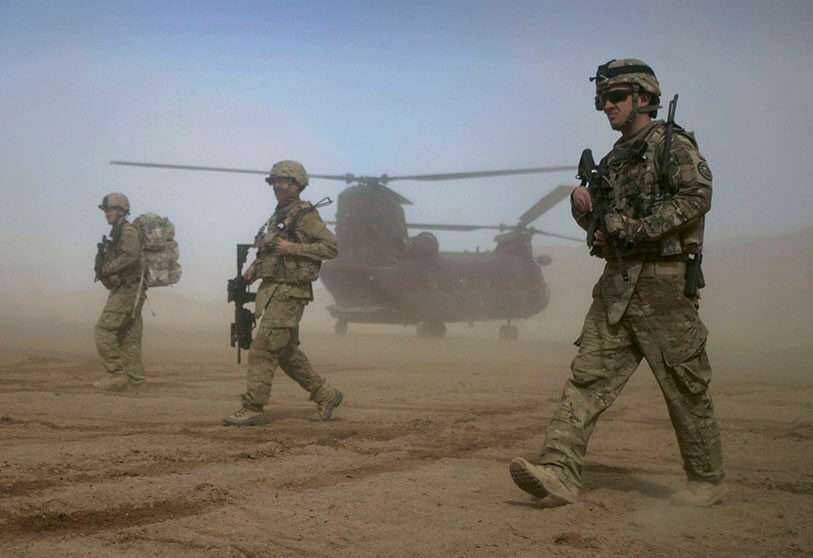
Terrorism undoubtedly remains a global threat. In addition to Afghanistan's domestic terrorism, the Sahel has become a "hornet's nest" of terrorists who threaten the prosperity and development of the region, already plagued by internal conflict and insecurity.
The overall risks and threats in this context are high. In the case of Afghanistan, a country that has been "abandoned" to the Taliban, it is one of the scenarios that best demonstrates the consequences of mismanaged diplomacy. Civilians, and women in particular, have once again lost their rights. Their future does not look hopeful and this is demonstrated by the attacks against them in the country, which in itself leaves a desolate scenario that fails to transform itself.










